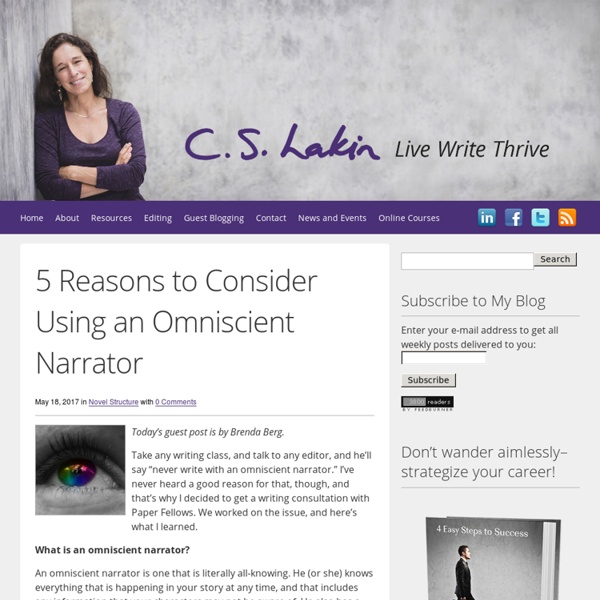



Writing Historical Nonfiction with Kelly Mathews Today I’m interviewing Kelly Mathews, a nonfiction writer with The History Press. Kelly is the manager of Community Recreation, a summer camp and outdoor education center at Seneca College, King Campus, home of Eaton Hall. Her writings have been published by New York Media Works, Readers’ Digest Canada via: Best Health Magazine and Our Canada magazine work. Kelly has recently published her first book, and I thought it would be a great opportunity for nonfiction writers to get a feel for the process and how it differs from publishing fiction. Interview Questions Ryan: Welcome, Kelly. Kelly: Thanks Ryan–I really appreciate the opportunity–having just recently completed my first book (submitted January 22, 2015) it has just now begun to sink in. Ryan: What is it about writing historical nonfiction that appeals to you? Ryan: Impressive. Kelly: I would consider myself one of the very fortunate people in this regard–as the publisher, in fact, found me. Of course there are many strengths.
Eva Deverell: Creative Writing Blog The Write Practice - The Write Practice Paul Samael - Self-publishing Why self-publish? Why not go down the conventional publishing route? It's hard to think of a better endorsement than a publisher saying that they have such faith in the quality of your work that they're willing to stake their own money on it. But the unfortunate reality is that publishers are overwhelmed with submissions, so your chances of getting that kind of endorsement are not good (click here for more depressing stats on publishing generally). And even if you do manage it, you are quite likely to find that publishers talk a good game, but don't do much in the way of promotion and quickly lose interest in books which do not prove successful within a fairly short timescale (see this post). So, what does self-publishing have to offer? Ebook or hard copy? Haven’t tried hard copy yet – but I have published ebooks on Smashwords.com, Feedbooks.com, Scribd.com, Bookiejar.com, Obooko.com, Bibliotastic.com and Wattpad.com. How difficult is ebook conversion? Free or paid-for? 1. 2. 3. 4.
Creative Writing - Coursera Blots & Plots:The Ultimate Self-Publishing Resource Guide - Blots & Plots Looking to self-publish your novel? Make your life easy with this comprehensive self-publishing resource guide! photo by Unsplash Let’s talk about self-publishing, shall we? Whether you’re a religious reader or a new friend, whether you’re a seasoned writer or a blank pager, let this list help your journey. Ready for your new favorite self-publishing resource list? The first step to self-publishing is knowledge. Blogs The Creative Penn. For more blogs, check out this post on 52 great blogs to follow. Podcasts The Self-Publishing Podcast. Bonus Awesomeness Book Marketing Tools. Now that you did your research and wrote your book, it’s time to assemble a team. Freelance Editors Editorial Freelancers Association. For more information on how to find a freelance editor, read this post. Freelance Cover Designers 99 Designs. For more information on how to find a book cover designer, click here. Almost there! Createspace. For a more in-depth review of these platforms, read this article.
WRITERS HELPING WRITERS™ - Home of The Bookshelf Muse Official Website of Jami Gold, Paranormal Author COW PASTURE CHRONICLES | "There is nothing to writing. All you have to do is sit down at a typewriter – and bleed." Ernest Hemingway Mythcreants – Fantasy & Science Fiction for Storytellers How to Make Beta Reading Work for Us (Note: I just finished a brutal two-week revision under deadline, so rather than staying up until 4 a.m. (again), I’m recycling this guest post I wrote a couple of years ago for Anne R. Allen’s blog. I hope you enjoy!) Ever struggle to make readers’ interpretations of your writing match your intentions? Maybe readers come away with the wrong impression of a character. As writers, we’re so close to our stories it’s impossible for us to know how readers will interpret our words. Sounds Great! Once we have fans and readers of our published work, we might be able to find volunteers who would love a sneak peek at our stories in exchange for feedback of issues they discover. Most writers in that position exchange work with other authors in an “I’ll give you feedback if you give me feedback” beta-reading arrangement. Do Beta Readers Need to Be Familiar with Our Genre? More importantly, beta readers who don’t love our genre can tell us what we don’t need to worry about: That’s it.
thestoryshop Writing a kick-ass story that engages readers and keeps them hooked from page one requires a mastery of craft and making a commitment to be a lifelong student of story (always practicing, learning and improving). And the most important element you need to master is story structure. Without structure, your story won't work. Period. Learning story structure changed my life and my writing career.It's the core of what I teach. What you'll find in this shop are the tools, resources and go-to processes that I personally use to plan, develop and write my novels, and to help my clients plan, develop and write their novels. To being lifelong students of story. -Jennifer Blanchard Author, Story Coach Get full story deconstructions for four popular movies and one novel by a bestselling author. This kit will help you deconstruct movies so you can better understand how structure works in a story. This video series will get you started understanding story structure and how it works.
Circolo16 | Laboratorio sociale di Cultura creativa libera Storyfix.com - Novel Writing, Screenwriting and Storytelling Tips & Fundamentals